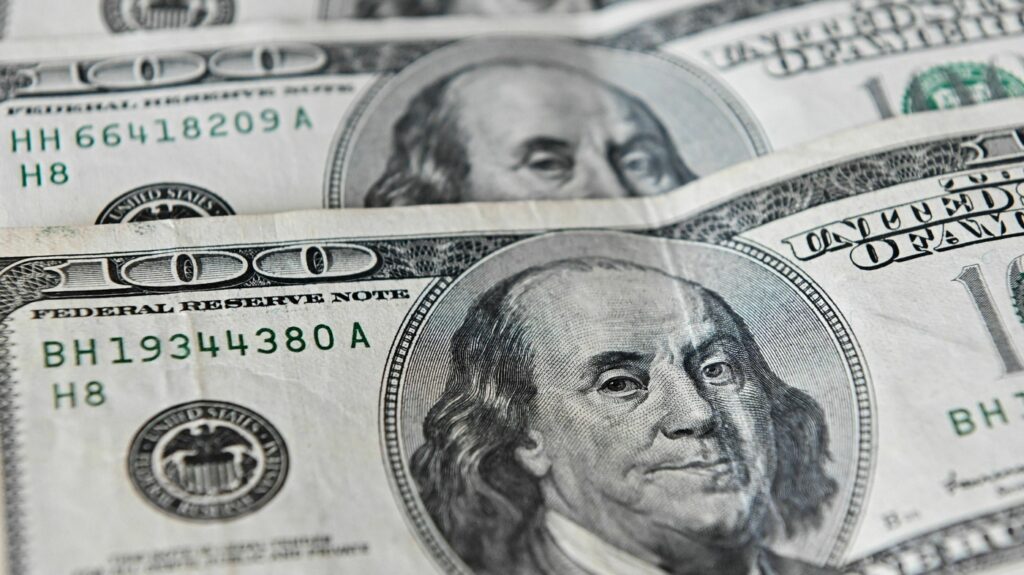Iraq has taken significant measures to combat financial fraud, money laundering, and the illicit use of U.S. currency by banning eight local commercial banks from engaging in U.S. dollar transactions.
This decision follows a recent visit by a senior U.S. Treasury official and is part of Iraq’s commitment to strengthening its financial system.
The banned banks are now restricted from participating in the Iraqi central bank’s daily dollar auction, a critical source of hard currency in the import-dependent nation.
Iraq, holding over $100 billion in reserves in the U.S., relies on maintaining a favorable relationship with the United States to ensure uninterrupted access to oil revenues and financial stability.
This move is crucial in light of increased scrutiny on currency smuggling to neighboring Iran, making Iraq a rare ally of both the U.S. and Iran.
The eight banned banks include Ahsur International Bank for Investment, Investment Bank of Iraq, Union Bank of Iraq, Kurdistan International Islamic Bank for Investment and Development, Al Huda Bank, Al Janoob Islamic Bank for Investment and Finance, Arabia Islamic Bank, and Hammurabi Commercial Bank.
While the head of Iraq’s private bank association and representatives from Ashur and Hammurabi have yet to comment on the situation, Reuters is reaching out to the other banks for their responses.
A spokesperson for the U.S. Treasury Department commended the Central Bank of Iraq for its ongoing efforts to safeguard the Iraqi financial system, which have enabled legitimate Iraqi banks to establish international connectivity through correspondent banking relationships.
This move comes after Iraq’s previous ban on 14 banks from conducting dollar transactions in July 2023, aligning with Washington’s efforts to curb dollar smuggling to Iran through Iraq’s banking system.
Banks affected by this ban are still permitted to operate and conduct transactions in other currencies as specified by the central bank.
During the recent visit by Brian Nelson, the U.S. Treasury Department’s top sanctions official, action was taken against Al-Huda Bank, which was found to be channeling significant amounts of U.S. dollars to Iranian-backed groups.
Additionally, Washington expects Iraq to play a more substantial role in countering Iran-backed armed groups operating within Iraq, following the killing of three U.S. soldiers attributed to hardline Iraqi factions.
Although the current Iraqi government has ties to powerful Iran-backed parties and armed groups, it is taking steps to reform its financial sector and align it with international standards to prevent Iran and its allies from accessing U.S. dollars.
This cooperative approach with Prime Minister Mohammed Shia al-Sudani is aimed at strengthening Iraq’s economy and financial systems while combating illicit financial activities.
